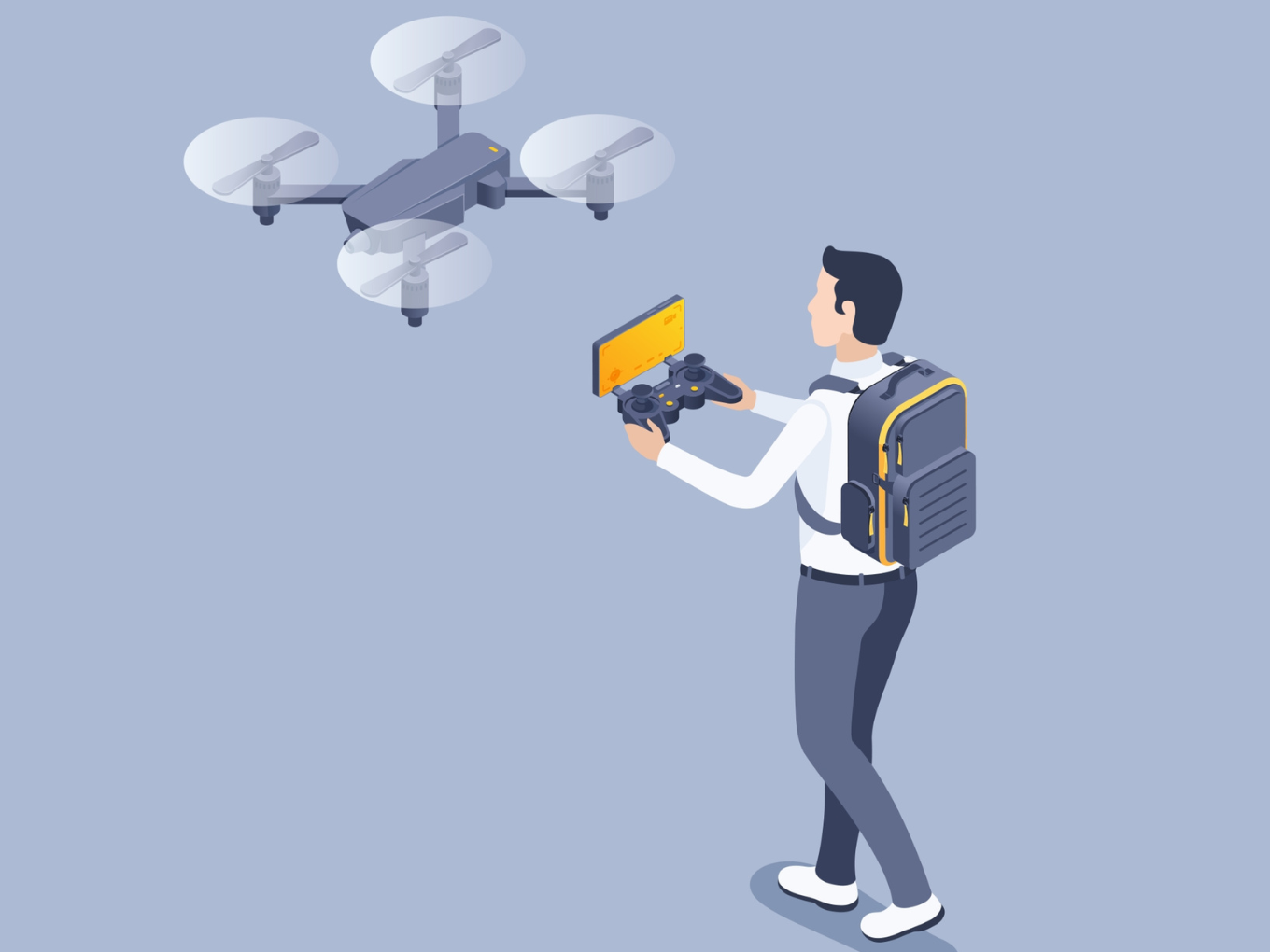In an effort to bolster the growth of the Indian drone industry, the government has further relaxed the provisions for obtaining drone pilot certificates under the newly notified Drone Amendment Rules 2023.
As per the amended rules, citizens can now become drone pilots with any government-issued identity and address proof, which eliminates the need for mandatory passport verification.
“After the amendment, it has now been made clear that a government-issued proof of identity and a government-issued proof of address i.e. voter ID, ration card or driving licence can now be accepted to apply for a remote pilot certificate if the drone pilot does not have a passport,” said the Ministry of Civil Aviation in a statement.
The ministry noted that the prerequisite of having a passport was becoming a hurdle for aspiring drone pilots, especially in the agricultural sector in rural India.
“This effort is to further liberalise, promote and facilitate drone operations across the country and make India a global drone hub by 2030,” the ministry added.
The rule became effective last week (September 27).
The new rules for drone pilots have been introduced under the authority granted by the Aircraft Act, 1934 (22 of 1934), under section 5, sub-section 2 of section 10, and sections 10A, 10B, and 12A.
As per the existing DGCA norms, no one except a holder of a valid remote pilot certificate enlisted on the digital sky platform can operate an unmanned aircraft system in the Indian sky.
Besides, in order to qualify for a training programme to obtain a remote pilot certificate, an individual needs to be 18 years or above and below 65 years of age. The minimum qualification to become a drone pilot is Class X.
While the fundamental rules remain unchanged, the government’s step to allow any government-issued ID to obtain a pilot certificate can potentially enable more people to become drone pilots.
Speaking on the development, Vipul Singh, cofounder and CEO of Aereo, said that it makes drone careers more accessible for more people from marginalised groups and rural communities.
“Additionally, it will fuel government initiatives like Lakhpati Didi and Aatmanirbhar Bharat through skill building. This is a significant win for the drone industry and all the people who aspire to forge careers in the drone industry,” said Vipul Singh, adding that there has been a massive upturn in drone pilot applications in just one year and this amendment will add to the momentum.
Notably, the government has been emphasising the usage of drones in agriculture and promoting kisan drones for a few years now. The Indian government has also been providing financial assistance for the adoption of kisan drones in rural India.
Last year, the Minister of Agriculture and Farmers Welfare, Narendra Singh Tomar announced financial assistance of 100% cost of drones together with the contingent expenditure that would be extended under the Sub-Mission on Agricultural Mechanization (SMAM) to the Farm Machinery Training & Testing Institutes.
Speaking on the amendment, Prem Kumar Vislawath, founder and CEO of Marut Drones said, “The inclusion of these alternative forms of identification is a commendable step, especially in the context of agricultural applications. It is likely to speed up the adoption of drone technology in the field of agriculture and will lead to substantial employment generation and agri-business opportunities in rural areas.”
“While Drone Rules 2021 is 1991 moment for India’s drone sector, the latest amendment is true democratisation moment for the sector,” he added.
Earlier this year, the central government also eased norms for the export of certain drones that are meant for civilian uses.
The post How The Centre’s Newest Move Can Bolster Drone Adoption In Rural India appeared first on Inc42 Media.



![[CITYPNG.COM]White Google Play PlayStore Logo – 1500×1500](https://startupnews.fyi/wp-content/uploads/2025/08/CITYPNG.COMWhite-Google-Play-PlayStore-Logo-1500x1500-1-630x630.png)